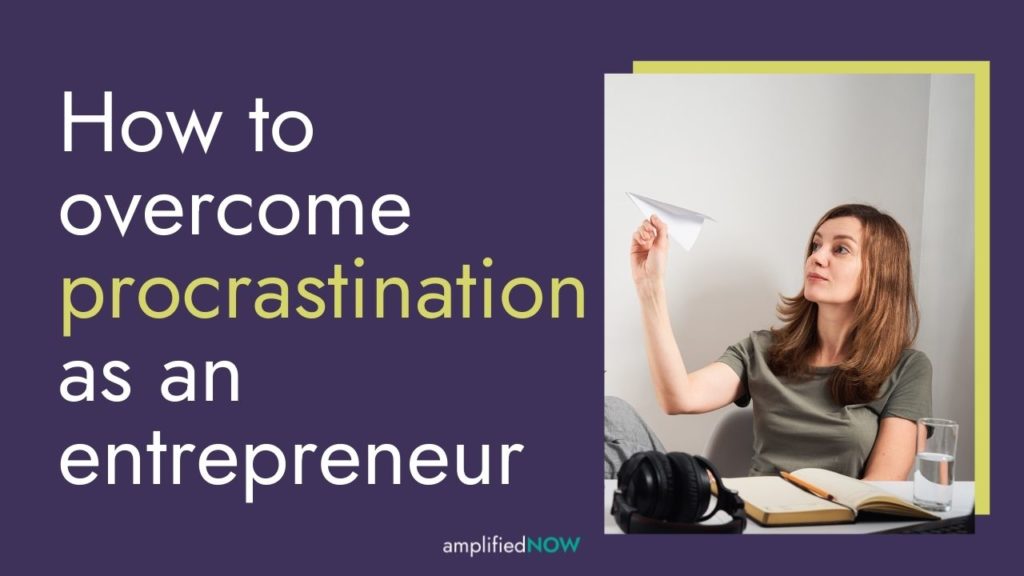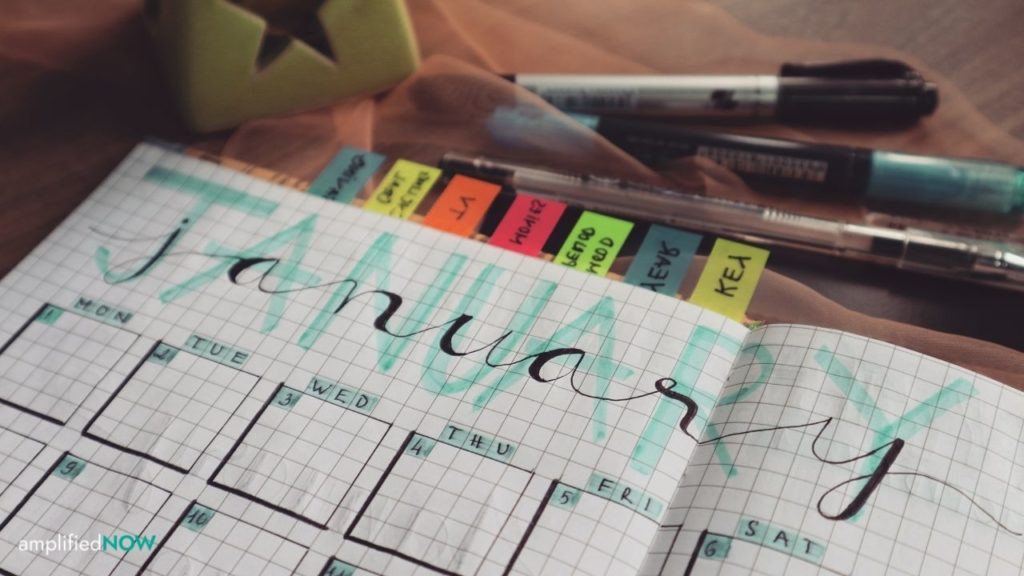How to Handle Difficult Clients and Conflict Resolution in Freelancing
Introduction
Being a freelancer can be liberating, fun, and exhilarating. You get to be your own boss, work from wherever you want, and choose your own clients. However, every now and then, you may encounter a client from hell. As a freelancer, it’s essential to know how to deal with difficult clients and conflict resolution.
Understand The Client’s Perspective
When a client starts acting difficult, it’s important to pause and consider their perspective. Maybe they’re feeling frustrated, overwhelmed or just having a bad day. Putting yourself in their shoes can help you understand how to approach them and tailor your communication to their needs. Take some time to listen to their concerns and reassure them that you’re on their team.
Set Boundaries and Guidelines
One way to avoid conflict is to set clear boundaries and guidelines upfront. This can include deadlines, rates, communication policies, and project scope. Having a clear contract and terms of work can help prevent disagreements later on. Regularly communicating your progress and addressing any issues as they arise can build rapport, trust and avoid surprises for the client.
Be Professional and Patient
When a client is challenging to work with, the worst thing you can do is to react emotionally. It’s important to remain professional and calm even if they are not. Let them vent, but never take their negativity personally. Keep the conversation constructive by focusing on the work that needs to be done and avoiding personal attacks. If you respond in a deliberate and measured manner, you’ll be more likely to reach a solution that works for everyone.
Know When to Walk Away
Sometimes, even after your best efforts, a client just isn’t a good fit. It’s okay to decline future work if you feel like the relationship isn’t mutually beneficial. It’s much better to part ways gracefully than to endure a toxic relationship that harms your mental health and productivity. Trust your intuition and know that there are plenty of other clients out there who will appreciate your talent and professionalism.
Conclusion
Handling difficult clients can be a challenging part of freelancing, but it’s essential to learn how to handle conflict. Being goal-oriented, empathetic, professional, and knowing when to walk away can make all the difference.


